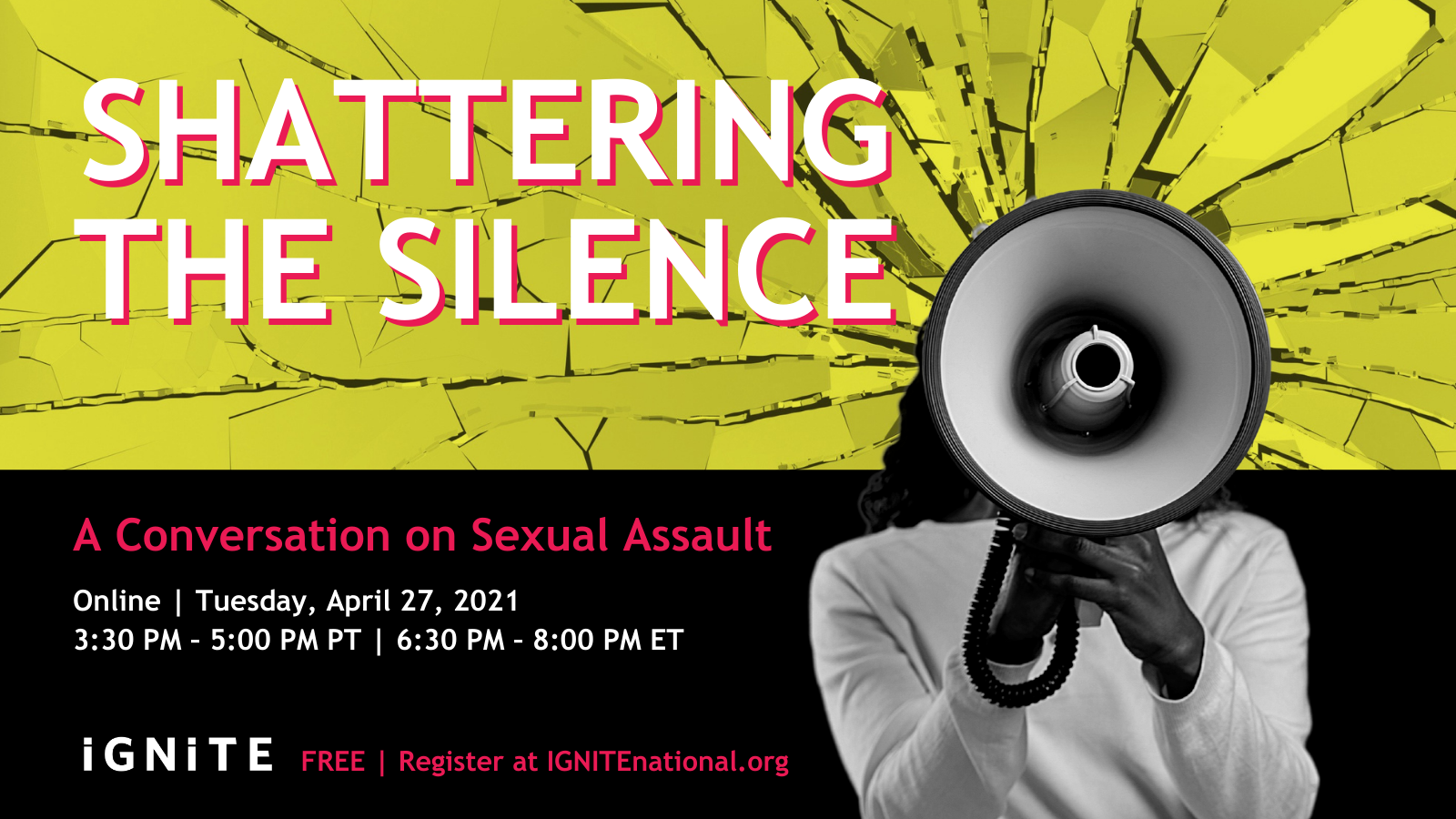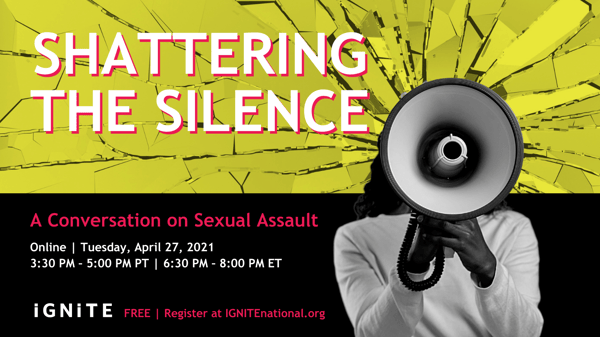National Resources for Sexual Assault Survivors and their Loved Ones

Content warning: Sexual assault If you are in immediate need of support, call the National Sexual Assault Helpline. They accept phone calls 24 hours a day at 1-800-656-4673.
Resources
General Information:
- National Sexual Violence Resource Center: This site offers a wide variety of information relating to sexual violence including a large legal resource library.
Asian, Native Hawaiian and Pacific Islander Survivors:
- Asian Pacific Institute on Gender-Based Violence: This organization provides local referrals to survivors in Asian and Pacific Islander communities, and also works to create systemic change by providing training to professionals and advocating for research-based policy changes.
Black Survivors:
- Ujima: The National Center on Violence Against Women in the Black Community works to respond to and end domestic, sexual, and community violence in the Black community through research, public awareness, community engagement, and resource development.
Child Abuse/Sexual Abuse:
- National Child Abuse Hotline: They can provide local referrals for services. They are also connected to a language line that can provide service in over 140 languages. Call or text hotline: 800.422.4453
College Students:
- Know Your IX: Provides information for students about their Title IX rights in regards to ending sexual violence on campus.
- End Rape on Campus: An advocacy organization dedicated to assisting students file Title IX complaints.
Domestic, Dating and Intimate Partner Violence:
-
National Domestic Violence Hotline: Through this hotline an advocate can provide local direct service resources and crisis intervention. Interpreter services available in 170 languages. Hotline: 800.799.SAFE
Human Trafficking:
-
National Human Trafficking Resource Center: A national multilingual anti-trafficking hotline. Caller can report a tip; connect with anti-trafficking services in their area; or request training and technical assistance, general information, or specific anti-trafficking resources. Hotline: 888.373.7888
Immigrant Survivors:
-
National Immigrant Women’s Advocacy Project: Advocates for policy change to support immigrant women and children. They also offer direct support by hosting a directory of service providers who support immigrant women and children with practical assistance, as well as a database of information about government benefits that are available by state and immigration status.
Indigenous Survivors:
-
National Indigenous Women’s Resource Center: NIWRC operates the Strong Hearts Native Helpline, which supports Native survivors of violence in crisis, and facilitates local resource connection. Connect to this hotline by calling 844.762.8483.
Latinx Survivors:
-
National Latin@ Network: A national resource center that supports prevention and intervention efforts across the country to end domestic and dating violence in latinx communities.
Legal Resources:
-
Womenslaw.org: Information about restraining orders and other legal protections for victims of domestic violence and sexual assault.
-
The Laws in Your State: A database of state laws including mandatory reporting, confidentiality laws, HIV/AIDS testing of sexual offenders, termination of rapists' parental rights, and statutes of limitations for each state.
LGBTQ Survivors:
-
National Coalition of Anti-Violence Programs: A coalition of programs that document and advocate for victims of anti-LGBT and anti-HIV/AIDS violence/harassment, domestic violence, sexual assault, police misconduct and other forms of victimization. Site has a list of local anti-violence programs and publications. Hotline: 212.714.1141
-
The Trevor Project: Help and suicide prevention for GBLTQ youth. Hotline: 866.488.7386
LGBTQ Survivors of Color:
-
National Queer and Trans Therapists of Color Network: A network of mental health professionals who identify as queer or trans therapists of color, and seek to support their community through increased access to mental health services.
Male Survivors:
-
1in6: Provides educational information and resources for men who’ve been sexually abused or assaulted. Chat with a trained advocate through the national helpline for men, available 24/7.
Medical/Physical Health:
-
Sexual Assault Nurse Examiner (SANE): The SANE/SART program offers sensitive, caring, and supportive care following a sexual assault. Their website provides a list of Sexual Assault Nurse Examiner (SANE) programs in each state. These specialists are registered nurses, who have advanced education in forensic examination of sexual assault victims.
Mental Health:
-
National Alliance on Mental Illness (NAMI): Provides information and referral services, not counseling. Helpline: 888.950.NAMI (6264)
Military Resources:
-
Safe Helpline: Department of Defense (DoD) Safe Helpline is a groundbreaking crisis support service for members of the DoD community affected by sexual assault. Hotline: 877.995.5247
Stalking:
-
Stalking Resource Center: The Stalking Resource Center is a program of the National Center for Victims of Crime. Their website provides statistics on stalking, information on safety planning and other resources.
Sexual Assault Prevention:
-
National Violence Against Women Prevention Research Center: Sponsored by the Centers for Disease Control and Prevention, this website to be useful to scientists, practitioners, advocates, grassroots organizations, and any other professional or layperson interested in current topics related to violence against women and its prevention.
-
Campus Outreach Services: Offer information and expertise to schools on sexual violence, diversity, sexual harassment, bullying, hate crimes, healthy relationships, assertiveness, eating disorders, suicide, and related risk issue.
Suicide and Self-Harm:
-
National Suicide Prevention Lifeline: Provides crisis suicide intervention, self-harm counseling and assistance, and local mental health referrals. Calls are routed to local centers. Hotline: 800.273.TALK (8255) and for the Spanish line call 888.628.9454 or TTY: 800.799.4TTY (4889)
Survivors with Disabilities:
-
National Disability Rights Network: NDRN members investigate reports of abuse and neglect, and seek systemic change to prevent further incidents; advocate for basic rights; and ensure accountability in health care, education, employment, housing, transportation, and within the juvenile and criminal justice systems for individuals with disabilities.
A comprehensive list of services and resources is available at rainn.org.

